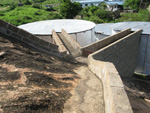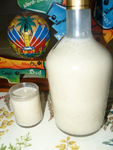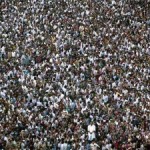Aid as a Trojan Horse: On the Anniversary of the Haitian Earthquake
By Dady Chery, Haiti Chery. Long before the word sustainable became fashionable, before Henry David Thoreau noted that “A man is rich in proportion to the number of things he can afford to let alone,” there was Haiti.
Continue reading →







